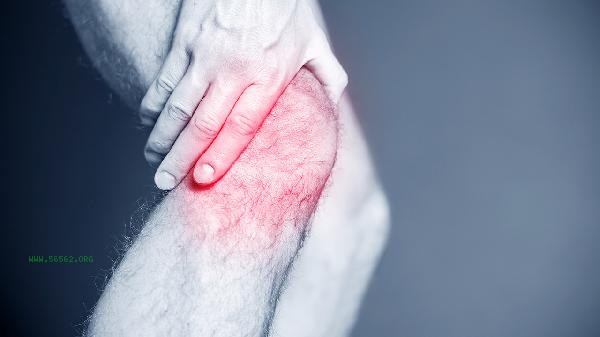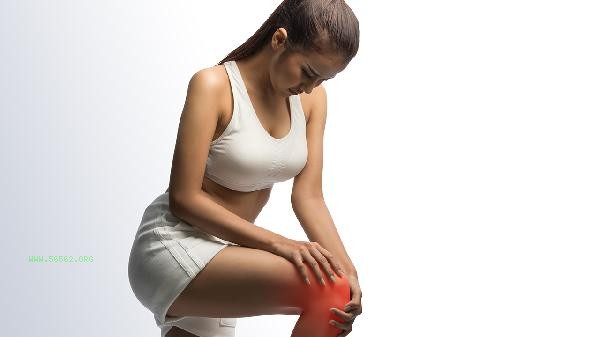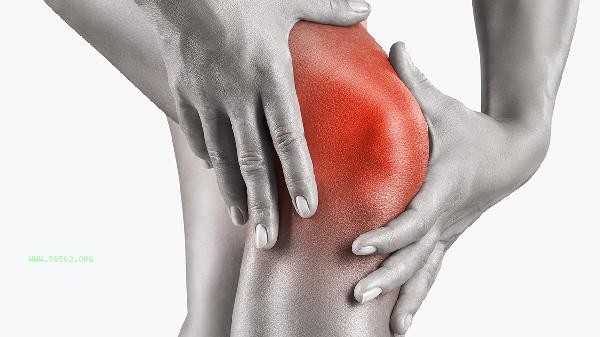Muscle soreness and joint pain may be caused by sports injuries, overwork, osteoarthritis, rheumatoid arthritis, gouty arthritis, and other reasons. These causes involve physiological strain and pathological joint diseases, which need to be judged based on specific symptoms.

1. Sports injuries
Intense exercise or improper posture may lead to muscle strains or soft tissue damage around joints. Commonly seen with local tenderness and restricted movement after sudden increase in exercise intensity. During the acute phase, exercise should be stopped and ice should be applied. During the chronic recovery phase, symptoms can be relieved through low-intensity stretching and hot compress. Long term repeated injury may develop into chronic tendinitis.
2. Overwork
Continuous physical labor or maintaining a fixed posture for a long time can cause muscle lactate accumulation and joint overload. Manifested as diffuse soreness and relieved after rest. Improving work posture, regularly moving joints, and local massage can help alleviate symptoms. Long term failure to improve may trigger myofascial pain syndrome.
3. Osteoarthritis
Chronic pain caused by degenerative changes in articular cartilage, with obvious stiffness in the morning and slight relief after activity. It may be related to factors such as aging, obesity, and a history of joint injuries. Treatment includes weight management, joint protective exercise, and doctors may recommend the use of cartilage protectants such as glucosamine sulfate.

4. Rheumatoid arthritis
is a symmetrical small joint swelling and pain caused by autoimmune diseases, often accompanied by morning stiffness for more than 1 hour. Synovial hyperplasia of joints will gradually erode bone. Early diagnosis can use anti rheumatic drugs such as methotrexate and leflunomide to control the condition, and biologics are suitable for moderate to severe patients.
5. Gouty arthritis
is a sudden and severe pain in the first metatarsophalangeal joint caused by the deposition of uric acid crystals in the blood. A high purine diet and alcohol consumption are common triggers. In the acute phase, colchicine can be used to relieve pain, while in the chronic phase, long-term use of uric acid lowering drugs such as allopurinol and strict low purine diet are required.

Daily attention should be paid to fully warming up before exercise to avoid excessive joint load. A balanced diet ensures the intake of calcium and high-quality protein, and overweight individuals need to gradually lose weight. When the pain persists for more than two weeks or is accompanied by joint swelling and fever, it is necessary to seek medical attention promptly at the rheumatology and immunology department or orthopedic department. Physical therapy and water exercise have auxiliary improvement effects on chronic joint pain, but they need to be carried out under the guidance of professional personnel.









Comments (0)
Leave a Comment
No comments yet
Be the first to share your thoughts!